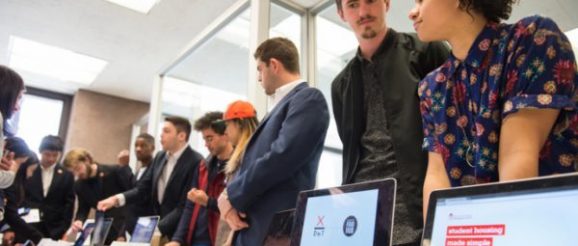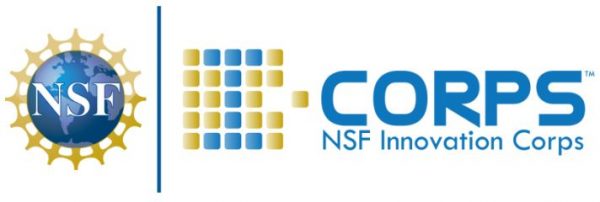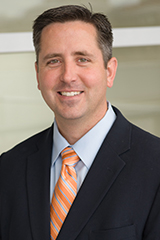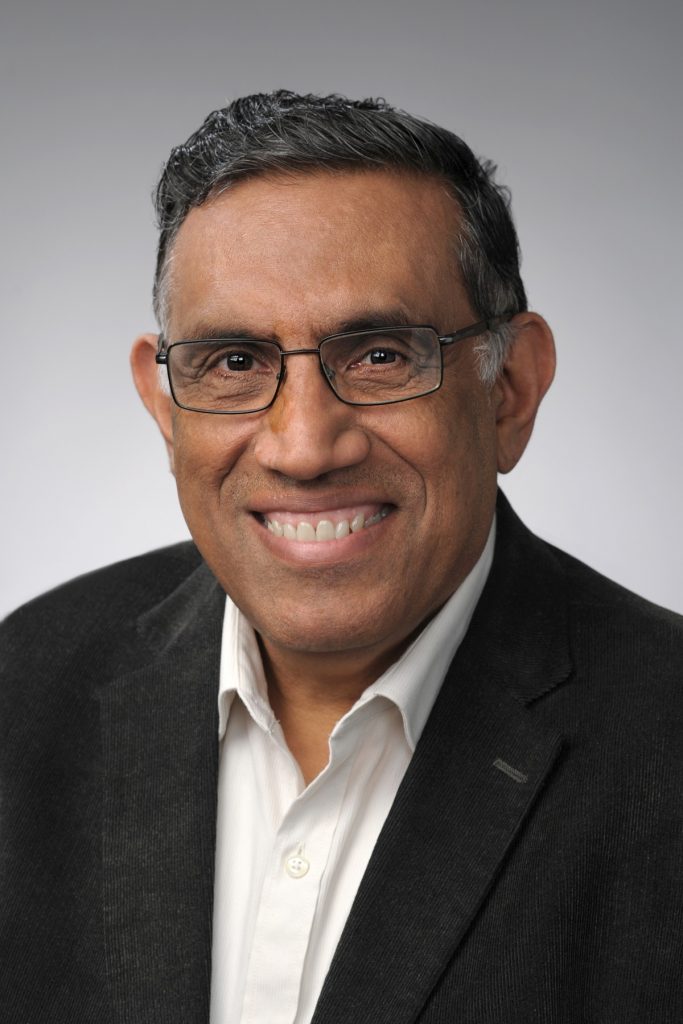Syracuse University Joins Consortium in NSF I-Corps Hub’s $15M STEM Innovation Program

Syracuse University has joined nine other colleges in the newly awarded National Science Foundation (NSF) Innovation Corps (I-Corps): Interior Northeast Region Hub (IN I-Corps), a $15 million, five-year investment by the NSF that is designed to foster innovation and entrepreneurship in STEM programs in rural, economically underserved regions.
The NSF award is providing the funding to a consortium of 10 academic institutions for the implementation and execution of the IN I-Corps Hub program. The program aims to expand the nation’s geography of innovation by creating a cohesive innovation ecosystem that delivers inclusive models of education and workforce training designed for and by innovators in rural regions and small cities. The region that includes Syracuse University stretches from New Hampshire to West Virginia and represents large portions of the U.S. that are largely rural, economically underserved and working to restore economic vitality.
Syracuse University is joined by hub lead Cornell University and hub partner institutions Dartmouth College, Rochester Institute of Technology (RIT), SUNY Binghamton, SUNY Buffalo, University of Pittsburgh, University of Rochester, University of Vermont and West Virginia University. Each institution will be hosting regional I-Corps courses and contributing to programming and curriculum strategy in the STEM fields of science, technology, engineering and mathematics.
 The grant captures activities taking place across the Syracuse University campus, including at the College of Law’s Innovation Law Center; the College of Engineering and Computer Science and its Center for Advanced Systems and Engineering; and the Martin J. Whitman School of Management.
The grant captures activities taking place across the Syracuse University campus, including at the College of Law’s Innovation Law Center; the College of Engineering and Computer Science and its Center for Advanced Systems and Engineering; and the Martin J. Whitman School of Management.
Gretchen Ritter, vice chancellor, provost and chief academic officer, says the University is excited to partner with the NSF and other colleges to boost entrepreneurism and contribute academic programming and curriculum development in that field.
“The University has a long and distinguished reputation as a leader in entrepreneurship education, evidenced by the many innovative programs in place across our campus,” Ritter says. “We are pleased to lend our expertise and capacities to the I-Corps program goals. Given our institutional priority to diversity, equity, inclusion and accessibility, we are gratified to see that a special program focus is assuring equitable access to resources and talent development among groups that have traditionally been underrepresented in STEM field education.”
Duncan Brown, vice president of research, says the program provides new opportunities, both interdisciplinary and cross-school collaboration on campus and dynamic partnerships with other colleges that emphasize innovation, entrepreneurship and local economy initiatives.
“We are pleased to join with these institutions and the NSF in this initiative and the University looks forward to the many ways our faculty and leadership can enhance STEM learning and market innovation through this collaboration,” Brown says.
New Tech for Society
Founded by the National Science Foundation in 2011, I-Corps programming nationwide empowers researchers to combine their technical and scientific knowledge with an entrepreneurial mindset to develop new technologies and startups that benefit society. The I-Corps curriculum addresses the knowledge gap between the skills needed to develop an innovative technology in a lab and the skills needed to bring that technology to market. With a core tenet of customer discovery, participants in I-Corps courses work to connect with potential customers and ensure the solutions they are developing fill an existing market need.
Campus Leads

Alexander McKelvie
Alexander McKelvie, interim dean and professor of entrepreneurship in the Whitman School, is the principal investigator for the Syracuse University portion of the grant. Todd Moss, chair of the Department of Entrepreneurship and Emerging Enterprises and the Pettinella Associate Professor of Entrepreneurship in the Whitman School, is the research lead for the program. Pramod Varshney, distinguished professor of electrical engineering and computer science and director of CASE, is the faculty lead.
“We are delighted to collaborate with these partner institutions in the interior northeast region on this transformational program,” says McKelvie. “The combination of practical teaching and academic research reflects the ‘sweet spot’ of the strengths of Syracuse University’s entrepreneurship model. It is also gratifying that Todd Moss has been selected to the be research lead for the program, and that the work aligns closely with the expertise of multiple Whitman School faculty members. This reflects Whitman’s academic standing in the field.”

Todd Moss
Syracuse University is a recognized leader in the field of entrepreneurship. Its entrepreneurship programming includes applied education in the community, such as through the Entrepreneurship Bootcamp for Veterans, the WISE Women’s Business Center, the South Side Innovation Center, the Innovation Law Center and the Blackstone Launchpad, among other programs. Its leadership in the field is also reflected as a globally ranked academic research unit having 11 tenure-track faculty housed at the Whitman School, many of whom are thought leaders in their entrepreneurship fields, as well as multiple other scholars across campus. The University has hosted a number of I-Corps courses in recent years in collaboration with the UNY I-Corps Node.
DEIA Focus

Pramod Varshney
A mission-critical element of the IN I-Corps Hub’s approach to entrepreneurship is the creation and administration of diversity, equity, inclusion and accessibility (DEIA) initiatives. IN I-Corps officials report that STEM researchers in underrepresented groups face heightened barriers to success and creating equitable access to resources and talent development is crucial to ensuring the most innovative deep-tech developments are being discovered and amplified. Hub leadership and partners are working to actively create opportunities to support the development of STEM research talent who are women, veterans, people of color and individuals with disabilities. These initiatives will include collaborations with such organizations as the National GEM Consortium’s Inclusion in Innovation Initiative (i4) and RIT’s National Technical Institute for the Deaf.
The IN I-Corps Hub joins eight other I-Corps Hubs within the National Innovation Network (NIN). The hub will regularly offer regional courses designed to support geographically dispersed participants in learning the I-Corps method of customer discovery and applying it to real-world opportunities, while still remaining connected to their home institutions and communities.
The Interior Northeast Hub launches officially on Jan. 1, 2023. STEM researchers interested in learning about opportunities to participate in regional I-Corps courses at Hub institutions will be able to look for that information on the program website.
The post Syracuse University Joins Consortium in NSF I-Corps Hub’s $15M STEM Innovation Program first appeared on Syracuse University News.
